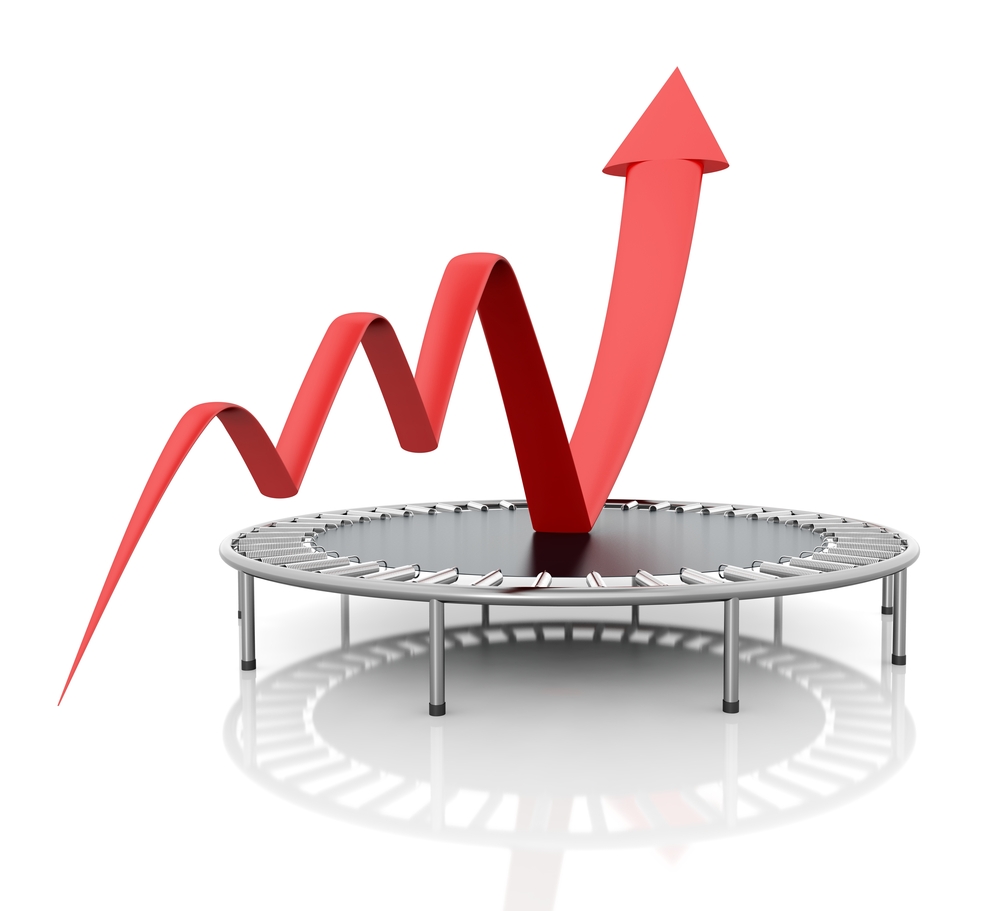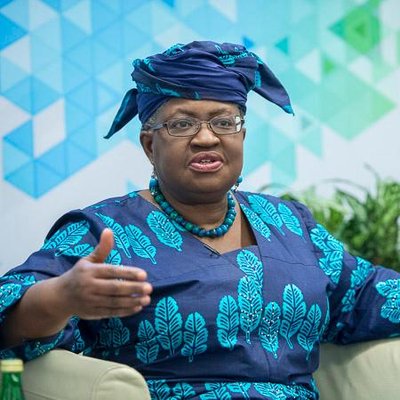Despite a 2.8 percent drop in value of Nigerian stocks Monday, market analysts still see strong outlook for equities based on earnings expectations and improved economic data.
This is just as global stocks are advancing, following the latest set of corporate results, which see European shares tracking a jump in Asian peers on both earnings and promising economic data, according to Bloomberg report.
Analysts specifically saw Monday’s market performance as not holding out strong, but temporary as the bull run would return as more and more positive corporate earnings results are released, signposting improvements in the economy.
Ambrose Omordion Omordion, the chief operating officer, InvestData Ltd., according to the News Agency of Nigeria (NAN), said that positive economic data released by the National Bureau of Statistics (NBS) would contribute to the market growth.
Omordion noted that the profit taking witnessed in the last two trading sessions would not last for longtime due to investors’ anticipation of more improved half-year earnings yet to be released in the market.
He specifically attributed market growth last week to investors’ last minute positioning for earnings expectations, as most of the earnings released last week beat market and analysts expectations.
Equally analysts at Afrinvest equally see improved market performance in the weeks ahead.
“Although today’s (Monday) performance was characterized by profit taking in stocks that appreciated in prior sessions, we expect market performance to be majorly driven by H1:2017 corporate earnings releases this week,” they noted.
The Nigerian equities market on Monday closed negative at 35,844.00 points, paring year-to-date return to +33.4 percent. Stocks lost N351.8 billion in value as market capitalization fell to N12.4 trillion.
However, despite Nigeria’s losing smudge yesterday, the U.S. dollar edged higher on promising note of economic data largely supported by the global growth and company earnings.
This suggests that investors will be forgiven for diving further into a bull market that’s propelled equity markets the world over to unprecedented levels. But with valuations well above average, monetary policy poised to turn hawkish and a U.S. administration mired in controversy there remains a degree of caution in markets.
Figures from the Nigeria Bureau of Statistics, NBS, show that consumer prices increased 16.10 percent year-on-year in June of 2017, the least in 13 months, compared to 16.25 percent in the previous month. It was the fifth consecutive month of decline in inflation rate as non-food prices grew less.
Meanwhile, Nigerian Central Bank’s monetary policy committee recently held interest rate at 14 percent with an asymmetric corridor around the MPR at +200/-500 basis points, while cash reserve ratio (CRR) and liquidity ratio (LR) were held at 22.5 percent and 30 percent respectively – warning of a likely return to negative growth in the second half of the year.




